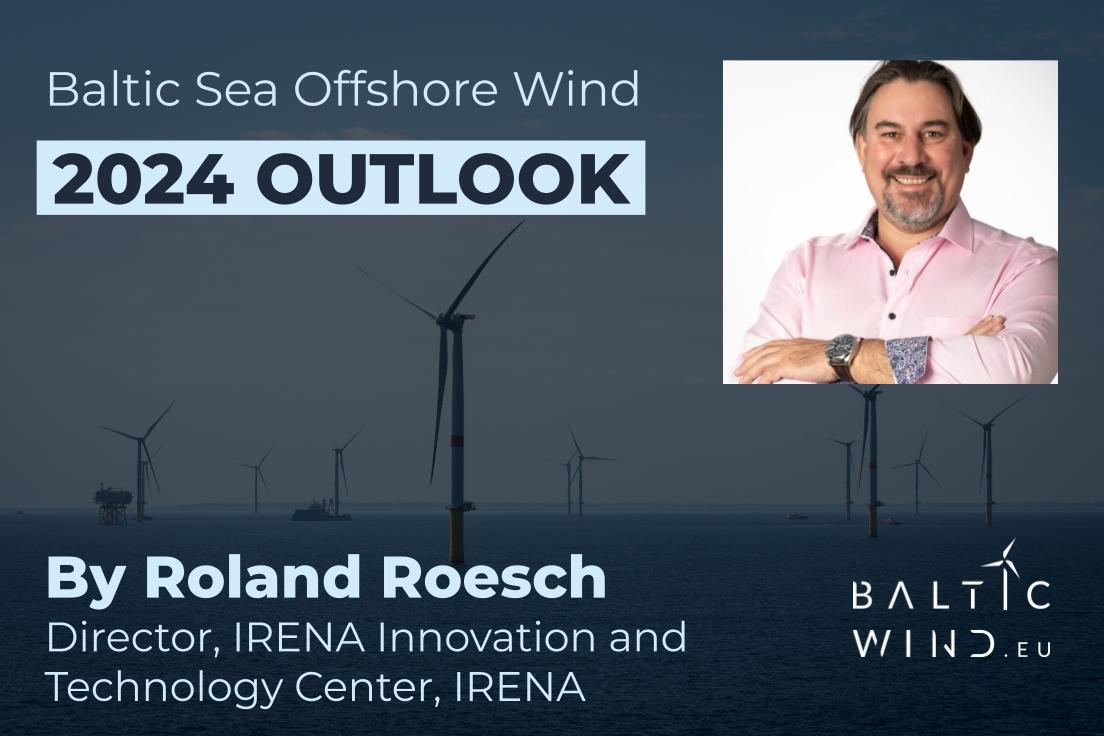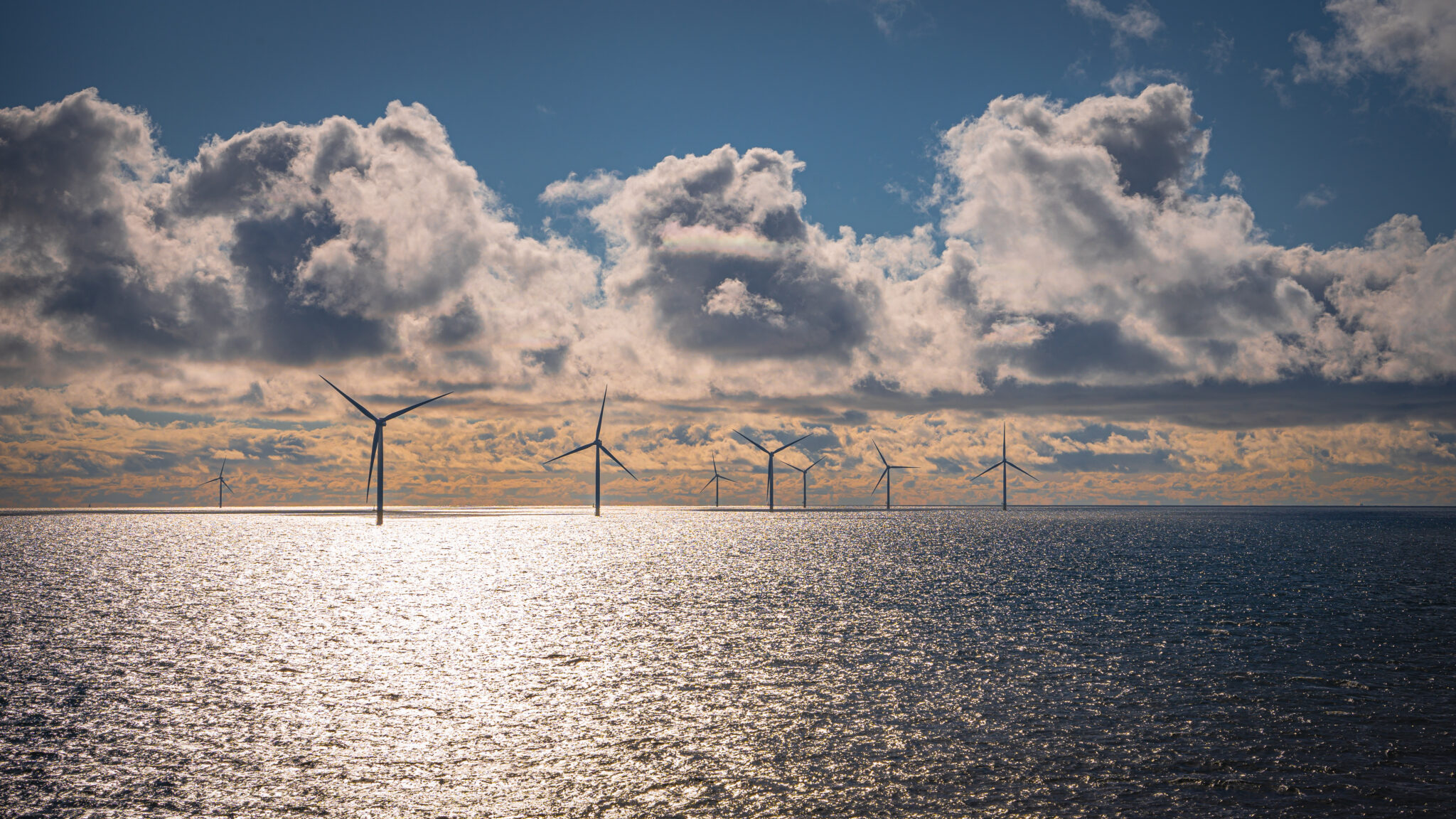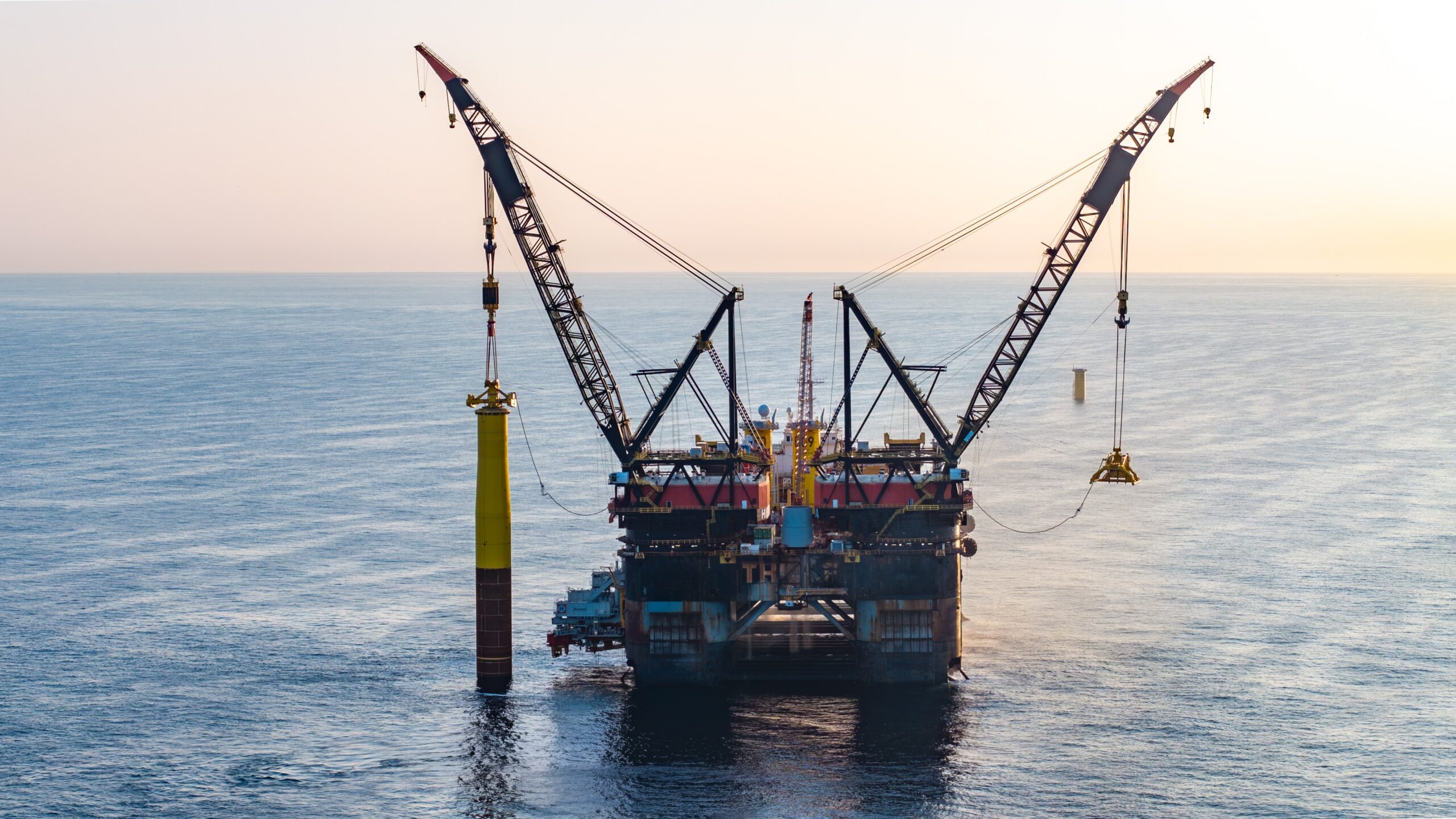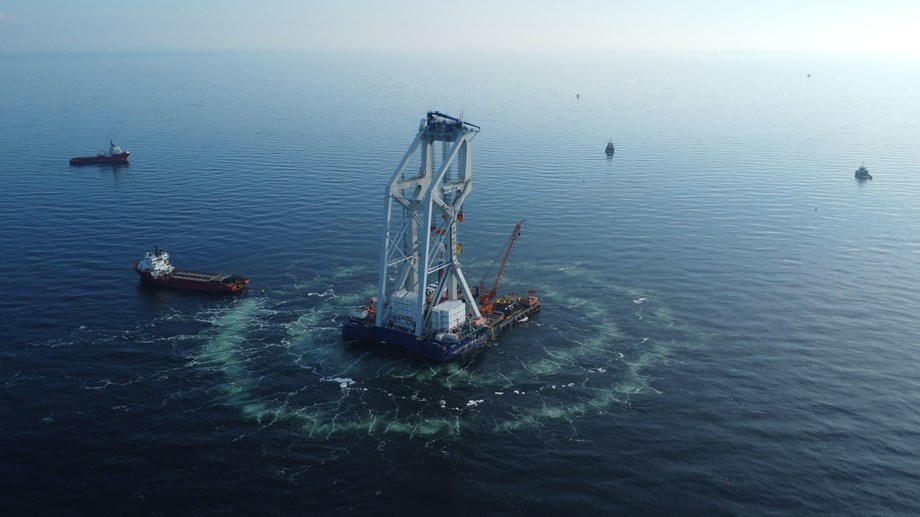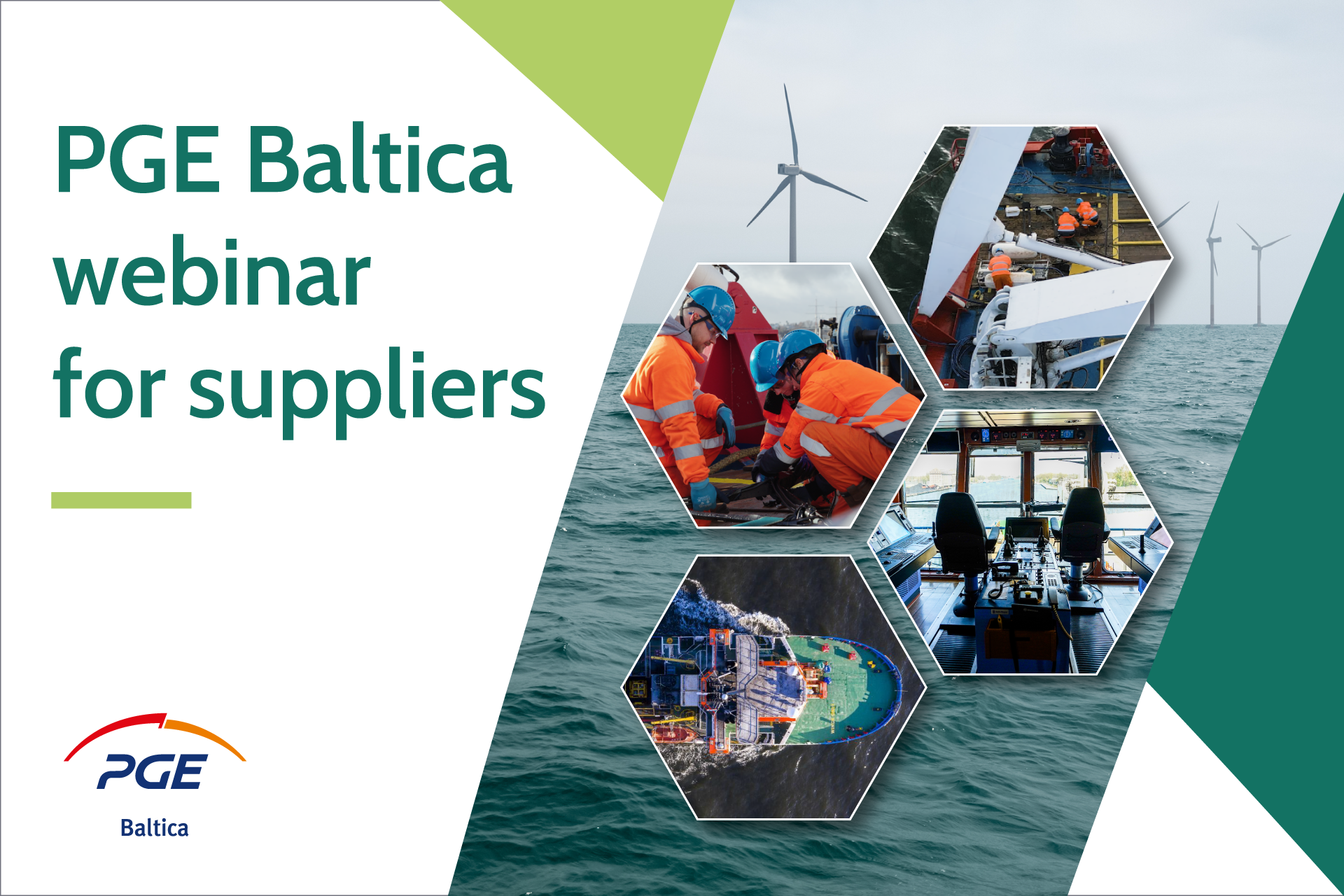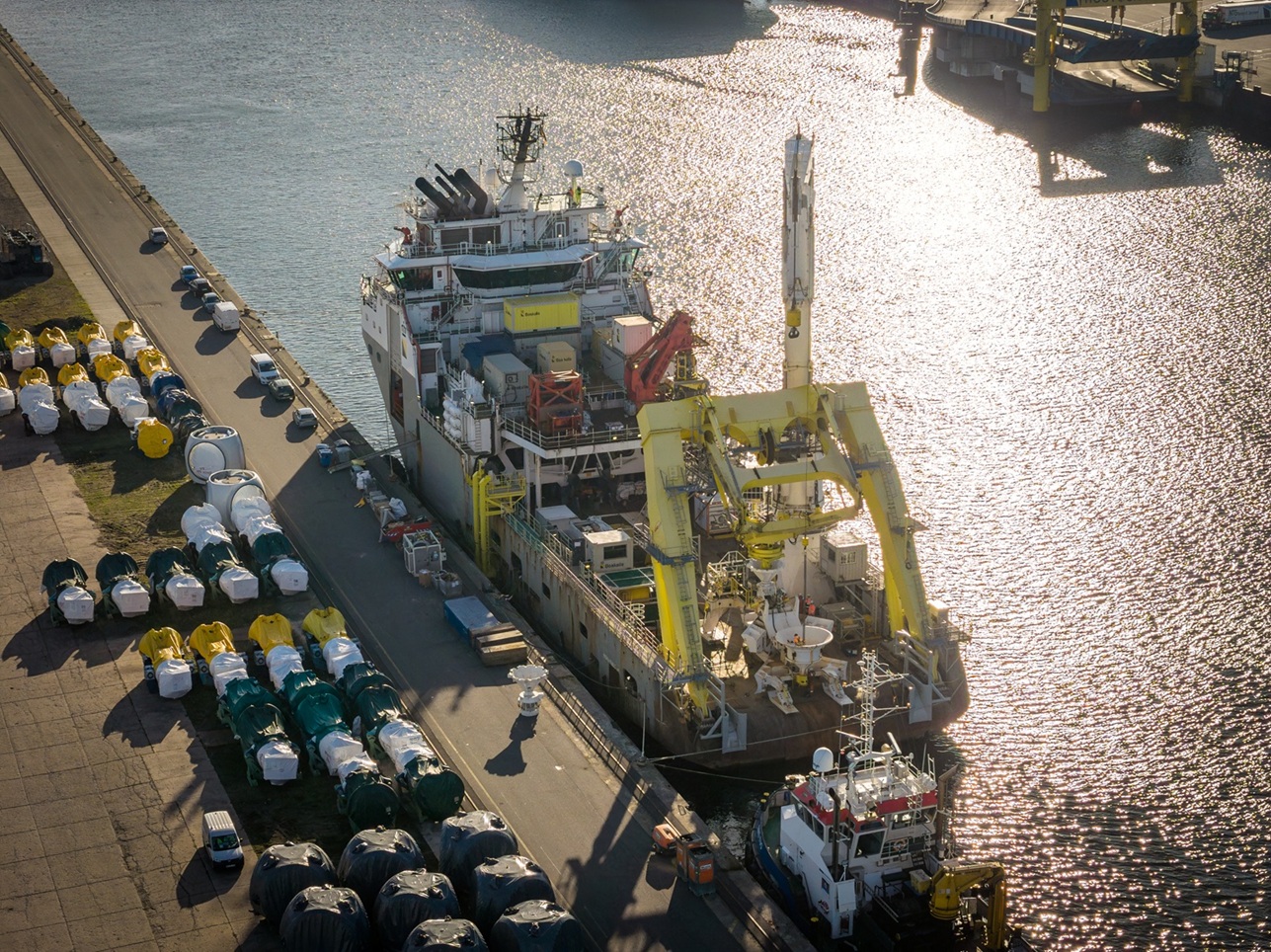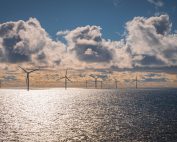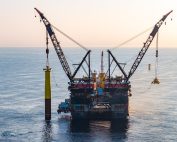BalticWind.EU asked industry leaders and key policy-makers for their assessment of what has been achieved in the past year and what the forecasts are for 2024. In today’s interview of the „Baltic Sea Offshore Wind – 2024 Outlook” series, we present the opinion of Roland Roesch, Director, IRENA Innovation and Technology Center, IRENA.
From my perspective the most important developments for the offshore wind in 2023 were …
From my perspective the most significant developments for the offshore wind in 2023 was that many countries have started to increasingly consider offshore wind as a viable solution in their pursuit of their energy transition efforts – as echoed in the COP 28 declaration. According to IRENA’s latest World Energy Transition Outlook 63 GW of offshore wind was added in 2022 however, to be compliant with a 1.5 scenario the global capacities need to reach 494 GW and 2465 GW by 2030 and 2050 respectively. The continuing cost competitiveness of offshore wind in 2023 remains a boon moving forward with levelized cost of electricity declining by 59% between 2010 and 2022, from USD 0.197/kilowatt hour (kWh) to USD 0.081/kWh. Innovation within offshore wind continues to be vibrant with over 17000 patents filed between 2022 and 2022. While more action is required, it was positive to see that April 2023 energy ministers from the nine members of the North Seas Energy Cooperation (NSEC) agreed to reach 120 GW by 2030 and 300 GW of offshore wind capacity by 2050.
Most important challenges for offshore wind development in 2024 are…
Most important challenges for offshore wind development in 2024 are as follows:
a) it is necessary for governments to reform their permitting structures to allow for faster deployment of offshore wind technologies as well as associated infrastructure such as grid connections [IRENA has published a brief with recommended solutions on this topic]; b) there will a strong necessity to reinforce and reimagine global offshore wind supply chain developments so as to ensure cost-to-benefit ratio for offshore wind projects are sustainable; and c) while fixed foundations have been the dominant driver for offshore wind development, it is important that focus also be placed on developing the global floating wind sector to allow for greater impact arising from the offshore wind industry.
In 2024, we will focus in particular on…
In 2024 IRENA will focus in particular on leveraging its Global Offshore Wind Alliance (in partnership with the Govt. of Denmark and the Global Wind Energy Council) to support leading offshore countries accelerate their offshore wind development ambitions while simultaneously sharing best practices with other countries interested to improve their local capacities. The organization will also utilize its Collaborative Framework for Offshore Renewables to develop informative reports to provide tangible recommendations in addressing the challenges to the offshore industry.
